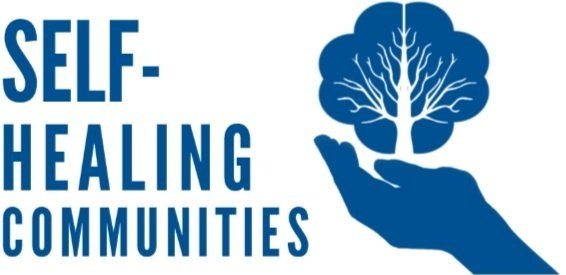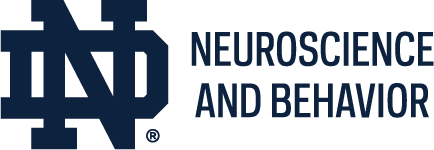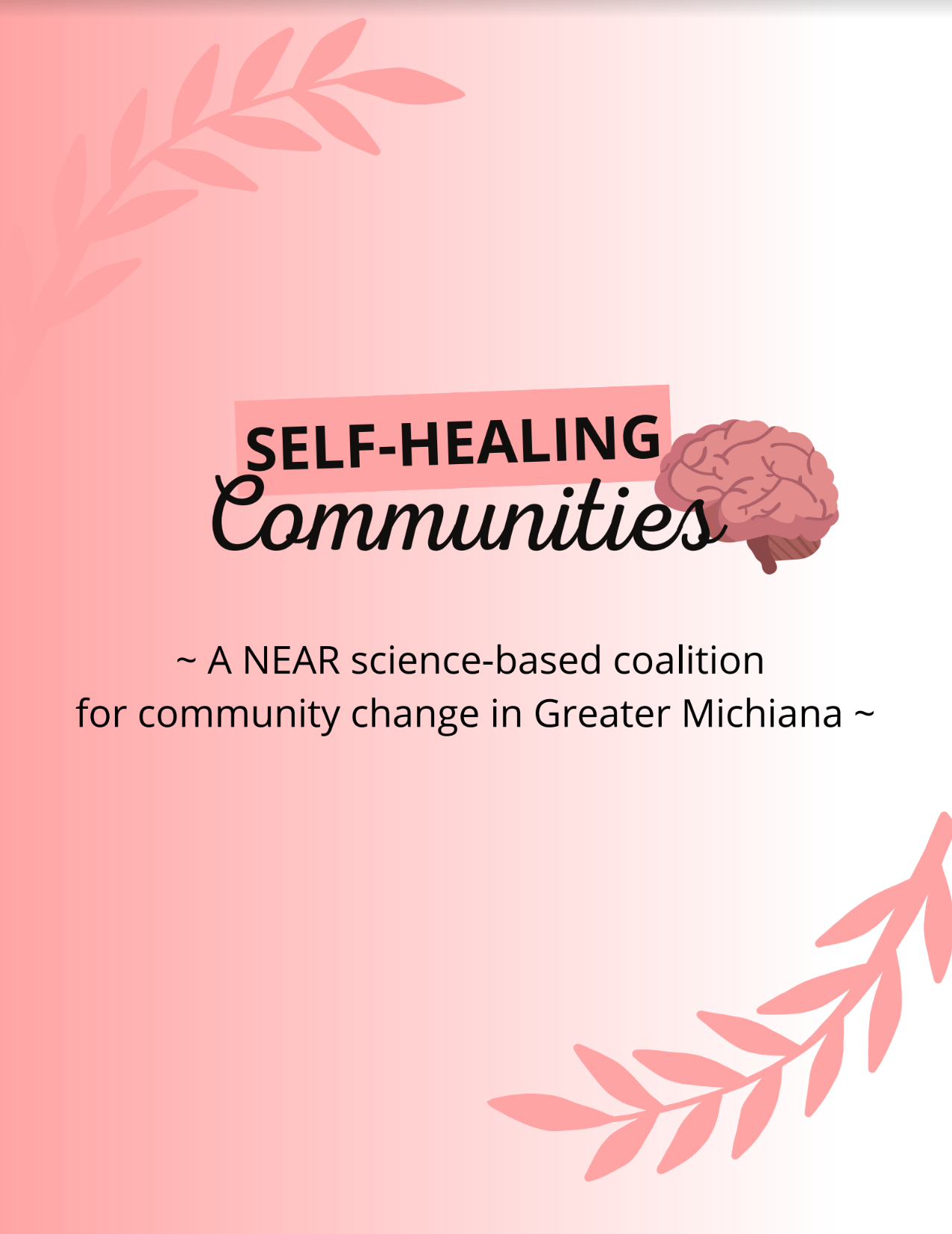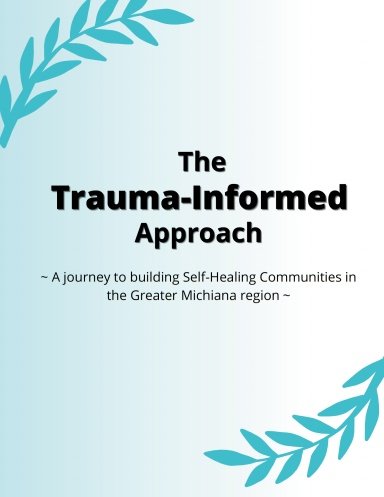About
Self-Healing Communities of Michiana is a non-profit based in South Bend, Indiana, modeled on the Self-Healing Communities movement in Washington state supported by over 20 years of improving community health data. Self-Healing Communities of Michiana is dedicated to creating and curating resources on the neuroscience of trauma and human resilience to help organizational leaders and community members better care for one another. Our mission is to nurture personal and community well-being through the neuroscience of human resilience and the celebration of our collective strengths.
Purpose Statement
Self-Healing Communities (SHC) is a community change model that is rooted in an understanding of the neurobiology of trauma, healing, and human resilience. Full development and flourishing of the human brain require humans to be treated with compassion and predictability. The goal of our coalition, SHC of Michiana, is to teach everyone in our community to take care of themselves and each other in a way that prioritizes caring for the nervous system. We will know we are experiencing healing in our community when everyone starts to show up and take care of themselves and each other in these ways.
Self-Healing Communities is a community coalition approach developed in response to the common question that commonly follows after people learn about the impacts of Adverse Childhood Experiences (ACEs): “What’s next?” S-HC uses a living systems methodology modeled after strategies implemented in multiple counties in Washington State. By taking into account that communities are dynamic, living and ever changing systems, this approach resulted in significant decreases in a number of community health measures like youth suicide and family violence. One key piece of this model is distributed leadership, owned not by any one organization, but owned by the community at large, with key organizations in the community serving in “Meta Leadership” roles. A second critical piece of the S-HC Model is NEAR-P science: the scientific evidence surrounding Neuroscience, Epigenetics, Adverse Childhood Experiences, Resilience, and Positive Childhood Experiences. Cumulatively, these disciplines help us understand how to address the impacts of toxic stress on communities and examine the long-term effects on individuals. NEAR-P science also provides scientifically based methods for alleviating impact, reversing effects, and preventing future harm to individuals and communities.
Self-Healing Communities seeks to ensure that community members and organizations have the necessary understanding, knowledge, and skills to take care of each other the way the brain and body expect. A community that treats each other in the ways the brain and body expects, is extraordinarily reflective, and is committed to continuous improvement can be considered self-healing.
Advancing the work of S-HC of Michiana requires patience and consistent continuous relationship-building across sectors, through a Trauma-Informed lens. In accordance with the original research, our primary goals are to increase the number Trauma-Informed organizations in Michiana, expand PACEs (Positive & Adverse Childhood Experiences) Training to everyday citizens, develop and distribute materials focused on neurobiological care for people of all ages, create sustainable methods to resource deliver to community members, aid in measuring impact, and create opportunities for the community to celebrate resilience.
THANK YOU
Your contributions make this movement possible!
Who We Are
-
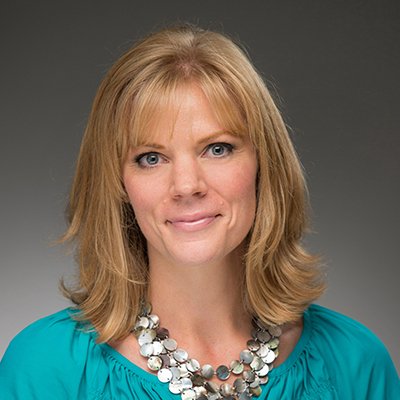
Nancy Michael
Director of Undergraduate Studies for Neuroscience and Behavior Science, University of Notre Dame
-

Velshonna Luckey
Executive Director, Self-Healing Communities of Michiana
-

Kimberly Green Reeves
Executive Director, Community Impact, Beacon Health System
